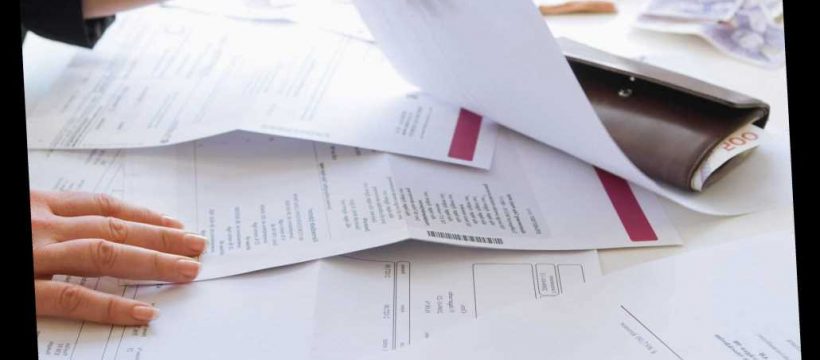UNEXPECTED payments cost Brits £17BILLION every year.
A poll of 2,000 adults found an average of £328 is splashed out on unforeseen bills each year, with having to replace a broken mobile phone, fix an oven and vets bills the most common.
A third have also had to pay for work on their car, one in 10 faced a hefty bill to fix their computer and a sixth had to fork out on dental surgery.
As a result of the unplanned payments, half were left feeling stressed while a further two in five felt anxious and unprepared.
And one in five were left in debt after an unexpected bill, with a tenth having to move back in with their parents because they couldn’t afford to pay for their home.
John Pears, UK managing director of Lowell, which commissioned the research, said: “Life is full of unexpected events, some have an obvious cost, but with others it’s a secondary consequence – like needing to take time off work and losing pay.
“The danger of not planning for a ‘rainy day’ is that it can lead to extra costs, and potentially get out of control, making the situation worse.
“A broken washing machine or blocked drain can happen to anyone, and are inconvenient and stressful enough without worrying about how you’re going to pay for it.
“Having something put aside can help deal with the financial shock and stress of those surprise bills and expenses, even a small amount can make a difference.
“Based on the research, the average savings needed to cover unexpected bills works out at less than a pound per day across the year.
"We know that for some people even that can be unaffordable.
“What we also see from our work, and the research of others, is that some people who live payday to payday and don’t track what’s coming in or going out may not even realise they actually have some spare cash they could put aside to cover those nasty surprises.”
The study also revealed the average "biggest" unexpected payment was £924, but three in 10 don’t have savings put aside for such events.
For 45 per cent, this is because they don’t having enough income to save anything while an eighth admitted they live paycheque to paycheque so this isn’t possible.
A confident 15 per cent who do not have savings simply said they will pay for an unexpected bill out of their normal bank account.
But those who do put money aside squirrel away an average of £147 each month – a total of £1746 a year.
Around three in 10 Brits have had to fund an unexpected payment by taking out a credit card, while more than a sixth have taken out a loan or overdraft to see them through.
It also emerged unforeseen bills have left almost a third struggling for necessities such as electric, gas and food while 56 per cent have had to forego other things including holidays and buying things for their children.
Worryingly, those polled predicted if they had to stop working now for any reason they would be able to keep up with current outgoings for nine months.
And if an unanticipated bill came through now 41 per cent said they would be able to pay it but would worry, while more than an eighth would have to ask a relative or friend for help.
Similarly, one in five of those polled, via OnePoll, said they would turn to their partner or parents first, while 13 per cent would go straight to the bank for assistance.
The study also found that while 45 per cent believe unexpected payments should be expected as part of life, one in five wish there was more help out there to deal with such costs.
And almost two thirds agreed lenders and creditors should offer free budgeting advice to anyone who is dealing with debts in order to manage their money and avoid future issues.
John Pears added: “Sooner or later, we will all face an event that just comes out of the blue.
“Some will take it in their stride, for others it will be more difficult.
“What’s important to remember is that no matter what the issue, you’re not alone, there’s help available.”
Source: Read Full Article


